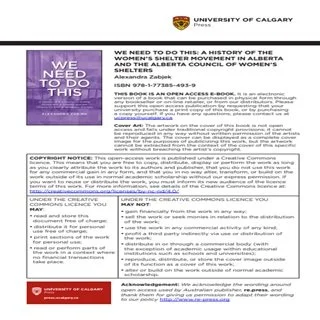By Amnesty International
Enforced disappearance is both a crime under international law and a serious human rights violation. When a person is deprived of their liberty and their fate or whereabouts concealed, the lives of their families, loved ones and communities are put on hold while they wait to learn of what has happened to them and where they are. In Colombia, as in other countries in the Americas, many of the people left waiting or searching for their loved ones after an enforced disappearance have turned uncertainty into a force for change. Firstly, to find the victims of enforced disappearance. Second, to demand truth, justice, reparation and guarantees of non-recurrence. Third, to continue the struggle to ascertain the fate and whereabouts of other people’s loved ones and to defend human rights. Women play a leading role in this story. They are the ones who have overwhelmingly taken on the task of searching for the victims of enforced disappearance in Colombia. In doing so, not only have they raised their voices against the injustice of the enforced disappearance imposed on them, but they have also acted as searchers and human rights defenders. In Colombia, taking on these roles means exposing themselves to unacceptable risks, threats and attacks. Whether they are searching for a loved one, helping someone else to search for a loved one, or defending the rights of victims of enforced disappearance and their families, women who search face arbitrariness, impunity and violence, sometimes from the state and sometimes from non-state actors, especially state security forces and armed opposition groups. In most cases, this violence is gendered. The nature of the risks, threats and attacks that women searchers face often intersect with their gender. Among other forms of violence against women, threats relate to their bodies or to their assigned or assumed gender roles, and perpetrators disproportionately use sexual violence against women. However, women searchers not only continue their work, but also put forward proposals for action to ensure that the state respects, guarantees and protects their rights. The most recent manifestation of this driving force is the approval of Law 2364 of 2024, a proposal that emerged from a group of organizations and communities of women searchers who spoke of their own life experiences, analysed them and used them to draft a bill designed to urge the state to take appropriate measures to end this scourge. With this report, Amnesty International begins a process of documenting the situation of risks, threats and attacks faced by women searchers in Colombia and, based on this, a process of monitoring the implementation of Law 2364 of 2024, which will continue over the next few years. This first part documents the story of Yanette Bautista, Andrea Torres and the Nydia Erika Bautista Foundation (FNEB), an organization of women searchers and victims of enforced disappearance that accompanies other organizations and communities in their own cases.
London: Amnesty International, 2024. 64p.



